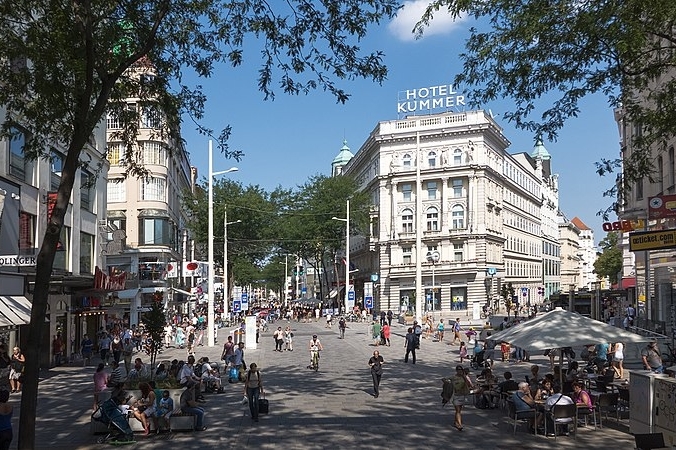Sponsored Content
Economic Recovery According to WIFO Still a Long Way Off in Austria
While the economy in the eurozone has largely stabilized, Austria remains in a phase of stagnation, according to the latest economic report from the Austrian Institute of Economic Research (WIFO). Domestic growth is stagnating, the labor market is weakening, and inflation is rising again more sharply. Industry in particular is in a prolonged recession, while only public services are showing momentum.
 It remains to be seen whether and when Austria's economy will emerge from stagnation. Given the difficult global situation and domestic political challenges, forecasts are fraught with uncertainty. / Picture: © Wikimedia Commons / Gugerell / CC0
It remains to be seen whether and when Austria's economy will emerge from stagnation. Given the difficult global situation and domestic political challenges, forecasts are fraught with uncertainty. / Picture: © Wikimedia Commons / Gugerell / CC0
Although the mood among Austrian companies has brightened slightly, skepticism continues to prevail. One of the main reasons for the ongoing slump is the combination of unfavorable economic policy measures, which have driven up electricity prices by around a third since the beginning of the year. This price increase, combined with stronger price inflation for services, means that…
or Log In
Fast News Search





